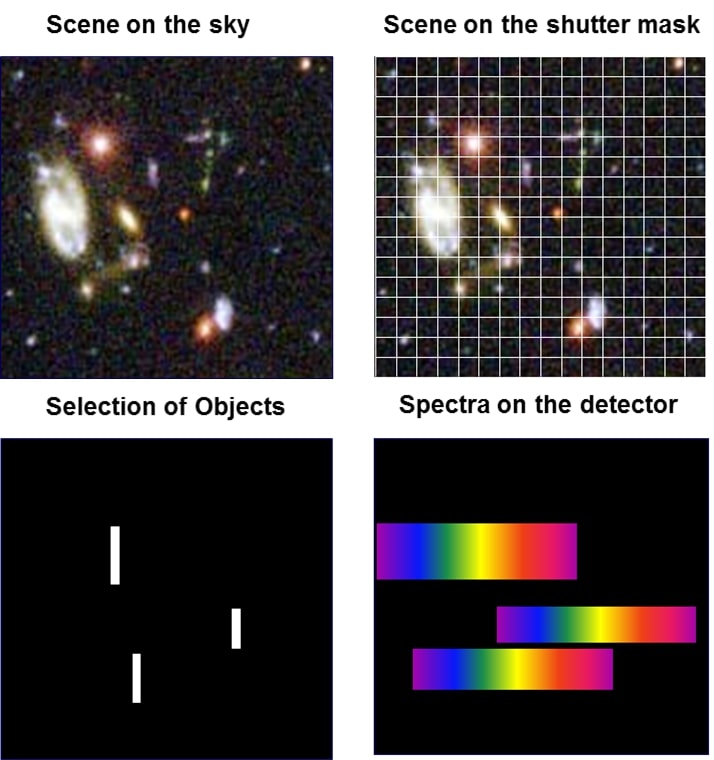
Astrochemistry is a fascinating field that seeks to understand the chemical makeup of the universe and the processes that drive its evolution. From the formation of stars and planets to the complex molecules that make life possible, astrochemistry plays a crucial role in our understanding of the cosmos.
By studying the molecules and reactions that occur in space, scientists can unlock the secrets of the universe and gain new insights into our place in the cosmos.
What is Astrochemistry?
Astrochemistry is a field of science that studies the chemical composition of the universe. It involves the investigation of the formation and evolution of molecules in various astronomical environments, including stars, planets, and interstellar space.
As such, astrochemistry plays a critical role in our understanding of the cosmos and the chemical processes that govern it. By examining the chemical makeup of celestial objects and their interactions, we can gain insight into the origins of the universe, the formation of galaxies, and the conditions necessary for life to exist.
Through astrochemistry, scientists have been able to detect and analyze a wide range of molecules in space, including complex organic compounds that are essential for life. The study of astrochemistry is a vital component of modern astronomy and has led to many groundbreaking discoveries in recent years. As we continue to explore the chemical composition of our universe, we can look forward to even more exciting insights and revelations about the nature of our cosmos.
The History and Development of Astrochemistry
Astrochemistry is a relatively new field of study that seeks to understand the chemical processes that occur in space. It is an overlap of astronomy and chemistry that focuses on the chemical composition of the universe, including the formation of molecules, stars, and galaxies.
The history and development of astrochemistry can be traced back to the early 19th century when scientists first began to study the composition of stars and other celestial bodies through spectroscopy.
However, it wasn’t until the 1960s that astrochemistry began to emerge as a distinct field of study. With the advent of space exploration and the development of advanced spectroscopic techniques, scientists were able to gain a better understanding of the chemical processes that occur in space.
Today, astrochemistry is a thriving field of study with researchers from all over the world working to unravel the mysteries of the universe’s chemical composition. The future of astrochemistry is bright, and we can expect to learn even more about the chemical processes that drive the formation of stars, planets, and galaxies in the years to come.
How We Study Astrochemical Processes
In order to understand the formation of molecules in space, it is essential to investigate the astrochemical processes that take place. Scientists use a variety of techniques to study these processes, including laboratory simulations, astronomical observations, and theoretical models.
Laboratory simulations involve recreating the conditions of space in a controlled environment to observe how molecules form and behave. Astronomical observations, on the other hand, involve using telescopes to study the spectra of molecules in space, which is known as astronomical spectroscopy. Theoretical models are used to predict and explain the chemical reactions that occur in space.
These techniques have allowed astrochemists to identify a wide range of molecules in space, from simple diatomic molecules to complex organic molecules. By studying astrochemical processes, scientists can gain a deeper understanding of the chemical composition of the universe and the processes that shape it.
Conclusion
In short, astrochemistry has enabled us to delve deeper into the mysteries of our universe by studying its chemical composition. The field has come a long way since its early days, and with further advancements in technology and techniques, we can continue to unlock the secrets of our universe and gain a deeper knowledge of its chemical makeup.